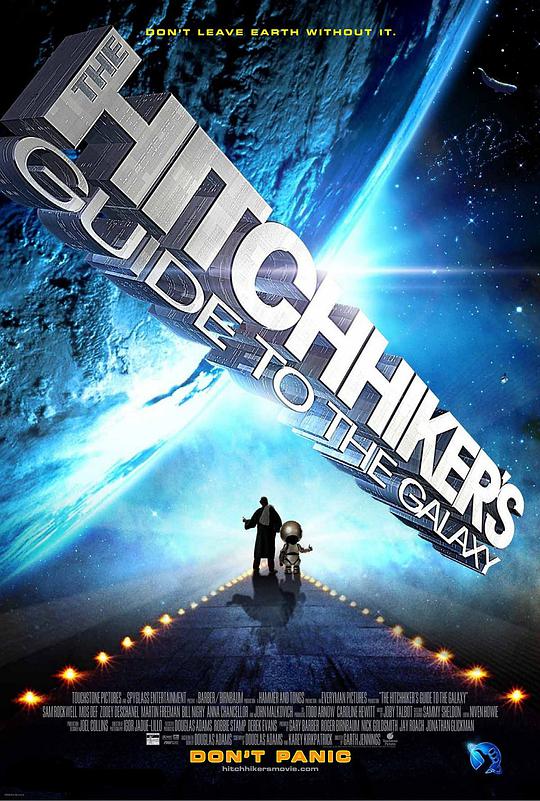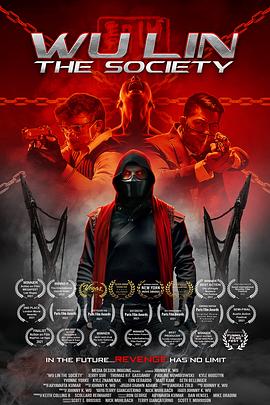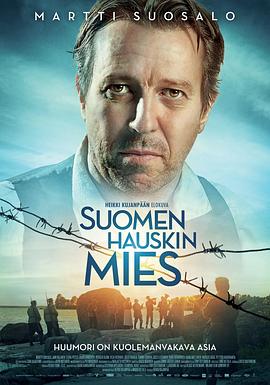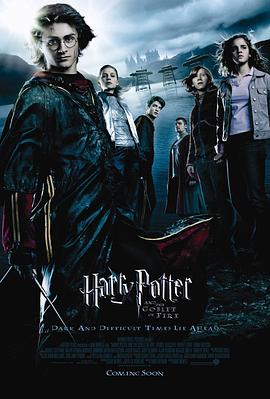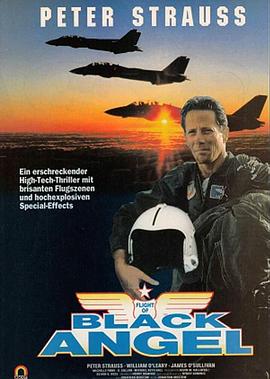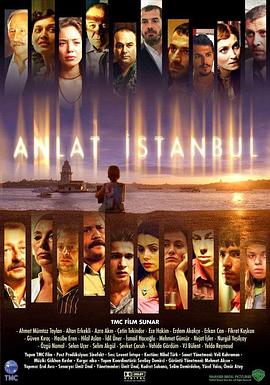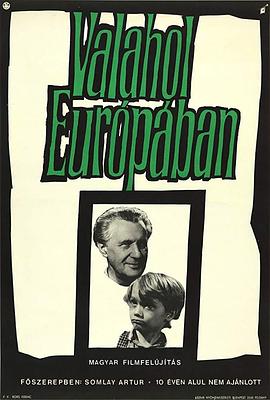-
备注:已完结
类型:电影
主演:比尔·贝利 安娜·钱斯勒 沃维克·戴维斯 茅斯·达夫 佐伊·丹斯切尔
导演:加斯·詹宁斯
语言:
年代:未知
简介:每个人都曾经历过懊恼糟糕的早晨。懒床睡过了点,起床弄伤了脚趾,下楼磕了头,早餐烤焦了面包,阿瑟·登特(马丁·弗里曼饰)的这个早上可谓衰运当头,而且还远不止这些。政府已经决定拆掉他的房子,好友福特·普里弗克特(摩斯·德夫饰)承认自己是个外星人,正在地球上寻找新版《银河系漫游指南》。最耸人听闻的是,外星人正在建造银河系高速公路,而地球是阻挡工程进展的障碍物,外星人即将摧毁地球。在福特的帮助下,阿瑟·登特在地球被毁灭前的最后一刻搭上了一艘路过地球的外星人的太空船,远离这个即将毁灭的伤心地,开始了一段充满惊奇的星河探险。在太空之旅中,阿瑟发现毛巾是宇宙里最有用的东西,并体会到了生命的精确含义,更发现所有他需要知道的一切居然都写在一本名叫《银河系漫游指南》的电子图书里……
-
备注:已完结
类型:电影
主演:娜帕克帕发·纳克普拉西特 哈泰万·恩甘苏坎普西 Akarin Siwa
导演:Pasith Buranajan Kongkiat Khomsiri Isara Nadee Seree Phongnithi Yosapong Polsap Putipong Saisikaew Art Thamthrakul
语言:未知
年代:未知
简介:六个昔日的同窗好友在分开多年之后分别收到了旧时好友Ta的邀请,于是他们一起离开曼谷前往儿时的故乡。记忆之门也渐渐敞开。当时还在读中学的他们与校内好色的体育老师不和,一次偶然的机会,六人撞破了体育老师与Ta的继母Panor(Mamee饰)的奸情,并用DV录下。Ta将此事告知父亲,导致父亲与继母panor的对峙,panor更加愤恨Ta。疯狂的体育老师遂将六人抓起来进行虐打侮辱。受辱后的六人愤恨难平,于是前去求助神奇的巫师,请求降邪......六人本以为过去的事已经远离,却不知此次旅行,却成为了他们万劫不复的噩梦......
-
备注:已完结
类型:电影
主演:丹尼尔·雷德克里夫 艾玛·沃森 鲁伯特·格林特 迈克尔·刚本 玛吉·史
导演:迈克·内威尔
语言:英语
年代:未知
简介:这是一个不同寻常的学期,魔法学校的盛事:三强争霸赛在霍格沃茨举行。学生们争先报名,希翼获得永恒无上的荣誉。火焰杯在选出三所学校的三名勇士后,竟将未足年龄的哈利也挑选出来。 哈利(Daniel Radcliffe饰)的当选引起其他学生的嫉妒连连,就连铁哥们罗恩(Rupert Grint饰)也首次和他闹起了别扭,哈利感到孤立无援,还好有教父小天狼星和赫敏一直支持他。可总有些好事者如记者丽塔等着看他的好戏。天知道这场比赛是何等艰辛危险,在龙的眼皮下偷蛋,潜入湖底救人,在迷宫中探险……一不小心,甚至可能付出生命的代价。 黑魔王伏地魔的威胁渐渐显现,每一天都险象环生,动人心弦。
-
-
备注:已完结
类型:电影
主演:威廉姆·奥利莱里 彼得·斯特劳斯 James O&#0
导演:乔纳森·莫斯托
语言:英语
年代:未知
简介:该片由猎杀U-571导演强纳森莫斯托执导。内容描述战斗机飞行员爱德华葛登少校飞行技术高超,却对宗教有着过度的狂热,他一直相信自己是上帝派来的天使,身负毁灭世界的重大责任。在某次飞行模拟中,他差点将同撩的战机击落,遭到飞行教官麦特莱口头指责,因而怀恨在心,为了报复,葛登杀害父母与弟弟后,利用一次飞行训练机会,用文件签呈方式取得多枚飞弹与一核弹以及雷达干扰器等,然后将四架无武装备的战斗机击落;为了实现他的阴谋,他将战斗机里的核弹加以拼装改造,并飞行到人口密集的拉斯维加斯,展开其自己的神圣任务,不料,此时军方已接获情报,立即派遣由麦特领队的飞行队员前往拦截追捕,一场毁灭性空中大战随即展开
-
备注:已完结
类型:电影
主演:伊尔达姆.阿克格 阿兹拉·阿金 Hilal Arslan Altan
导演:Ömür Atay Selim Demirdelen 库德雷·特萨班基 Yücel Yolcu Ümit Ünal
语言:其它
年代:未知
简介:五位土耳其导演分别拍摄的五段发生在伊斯坦布尔的故事,交叉讲述,却不着痕迹,浑然一体。
-
备注:已完结
类型:电影
主演:Artúr Somlay Miklós Gábor Zsuzsa Bá
语言:其它
年代:未知
简介:Somewhere in the remote region, the war ends. In the midst of ruined cities and houses in the streets, in rural hamlets, everywhere where people still live, are children who have lost their homes and parents. Abandoned, hungry, and in rags, defenseless and humiliated, they wander through the world. Hunger drives them. Little streams of orphans merge into a river which rushes forward and submerges everything in its path. The children do not know any feeling; they know only the world of their enemies. They fight, steal, struggle for a mouthful of food, and violence is merely a means to get it. A gang led by Cahoun finds a refuge in an abandoned castle and encounters an old composer who has voluntarily retired into solitude from a world of hatred, treason, and crime. How can they find a common ground, how can they become mutual friends The castle becomes their hiding place but possibly it will also be their first home which they may organize and must defend. But even for this, the price will be very high. To this simple story, the journalist, writer, poet, scriptwriter, movie director, and film theoretician Béla Balázs applied many years of experience. He and the director Géza Radványi created a work which opened a new postwar chapter in Hungarian film. Surprisingly, this film has not lost any of its impact over the years, especially on a profound philosophical level. That is to say, it is not merely a movie about war; it is not important in what location and in what period of time it takes place. It is a story outside of time about the joyless fate of children who pay dearly for the cruel war games of adults. At the time it was premiered, the movie was enthusiastically received by the critics. The main roles were taken by streetwise boys of a children's group who created their roles improvisationally in close contact with a few professional actors, and in the children's acting their own fresh experience of war's turmoil appears to be reflected. At the same time, their performance fits admirably into the mosaic of a very complex movie language. Balázs's influence revealed itself, above all, in the introductory sequences an air raid on an amusement park, seen in a montage of dramatic situations evoking the last spasms of war, where, undoubtedly, we discern the influence of classical Soviet cinematography. Shooting, the boy's escape, the locomotive's wheels, the shadows of soldiers with submachine guns, the sound of a whistle—the images are linked together in abrupt sequences in which varying shots and expressive sharp sounds are emphasized. A perfectly planned screenplay avoided all elements of sentimentality, time-worn stereotypes of wronged children, romanticism and cheap simplification. The authors succeeded in bridging the perilous dramatic abyss of the metamorphosis of a children's community. Their telling of the story (the scene of pillaging, the assault on the castle, etc) independently introduced some neorealist elements which, at that time, were being propagated in Italy by De Sica, Rossellini, and other film artists. The rebukes of contemporary critics, who called attention to formalism for its own sake have been forgotten. The masterly art of cameraman Barnabás Hegyi gives vitality to the poetic images. His angle shots of the children, his composition of scenes in the castle interior, are a living document of the times, and underline the atmosphere and the characters of the protagonists. The success of the picture was also enhanced by the musical art of composer Dénes Buday who, in tense situations, inserted the theme of the Marseilaise into the movie's structure, as a motive of community unification, as an expression of friendship and the possibility of understanding. Valahol Europaban is the first significant postwar Hungarian film. It originated in a relaxed atmosphere, replete with joy and euphoria, and it includes these elements in order to demonstrate the strength of humanism, tolerance, and friendship. It represents a general condemnation of war anywhere in the world, in any form.

